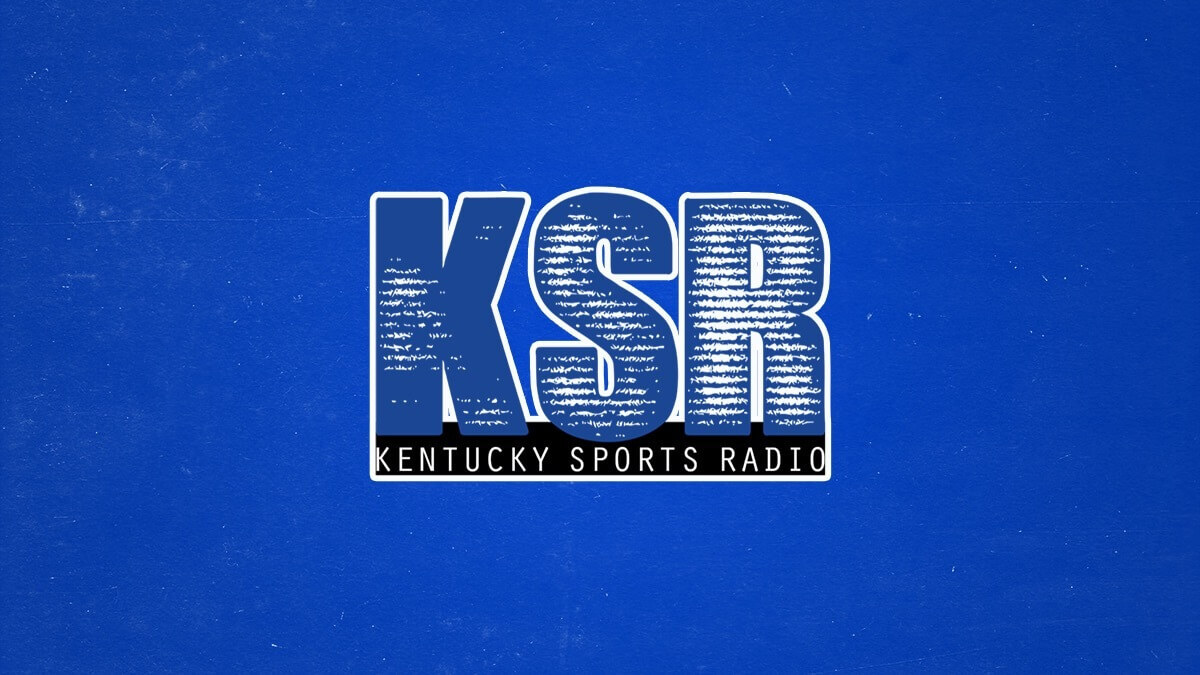Netflix’s
GLOW is an excellent show for a lot of reasons. It’s full of strong performances, for one thing (Alison Brie and Marc Maron are the headliners, but there’s plenty of good work being done all around) and it’s very, very funny.
But what makes
GLOW truly excellent is how fully it commits to its premise. If you aren’t familiar, the show follows the trials and tribulations of a fledgling cable wrestling show from the 1980s called
Gorgeous Ladies of Wrestling. From literally its first scene
GLOW is awash in the issues nearest and dearest to its heart: sexism in Hollywood (and everywhere else), female agency, and the value of finding purpose in your work.
It would’ve been easy to reduce the show’s wrestling-centric setting to little more than a running gag, but it also would’ve been a huge mistake. We’ve got enough shows that use their settings as generically as possible, only bringing them into play when it’s convenient to get a laugh or spur the plot forward a bit. But then there are shows that derive nearly every conflict, conversation, and plot point from their settings and are all the richer for it. What would
M*A*S*H have been without the constant specter of the Korean War? What would
Mad Men have been without the social change raging outside Sterling Cooper’s doors? What would
The Wire have been without Baltimore’s bitter contradictions?
Place and time and context are tools that great shows use to raise their games. Too often though, our beloved characters work in generic jobs in generic versions of New York or L.A., and they miss out on all that a richer setting might have brought to the table.
Which got me thinking. What kinds of settings do we not see enough of on TV? And what kinds of settings might a particularly sharp writer mine for everything they’re worth in the interesting of making a great ensemble TV show?
These three jumped to mind.
- A minor league baseball team during the height of the steroid era.
Just about everyone involved with minor league baseball teams has their sights set on bigger things, which is exactly why I think this would work. The inherent tension that comes from a situation where everyone is looking out for themselves is perfect for TV.
And just think of the dynamics! Fading older players vs. young up-and-comers vs. the manager trying to keep them focused on the team; the lure of PEDs in a profession where not cheating could mean the end of your career; small-town life and low income in a profession with outsized aspirations. We’ve seen pieces of this kind of thing before (in
Bull Durham and
Eastbound and Down, most notably), but looking organization-wide (as opposed to just focusing on the players’ exploits) would add layers and give a show like this the legs to run for several seasons.
- An alternative high school.
Shows set mostly in schools are nothing new.
Freaks and Geeks,
The Wonder Years,
Boston Public, and
Boy Meets World are a few that I remember fondly, although not because any of them did anything particularly interesting with their settings.
To change that up, I think the setting itself would have to stray from the “standard” high school too often depicted on film. Setting a show in an “alternative” high school (often the name given to schools populated by students who, for one reason or another, are facing their last chances in the system. These schools have a lot of the same academic concerns as traditional schools, but they also often focus on more overtly developing students’ work and social skills.
I can see a setting like this being used to challenge and educate viewers about the difficulties students and teachers in these often misunderstood schools, much in the same way
Orange is the New Black is used to raise issues related to the prison system. And as with that show, there's plenty of room to inject some humor with this premise.
- A public library
A cast of beleaguered but dedicated librarians trying to keep their branch afloat while book banners, budget cutters, and constant shushers attack from all sides? Sign me up. That one guy who always turns the library into his personal lavatory-slash-coffee shop would be there too, of course.
If
The Office can make selling paper funny, then a show centered around a library (and, obviously, the group of rag-tag book fondlers that populate it) can do it too. Anyone who’s been to a public library recently knows that there’s a whole lot more going on there than story time and the whispered negotiation of late fees. We’d get adult education courses, after school events, kids trying to sneak off with inappropriate books, and a whole host of other hijinks (at a reasonable volume, naturally).












Discuss This Article
Comments have moved.
Join the conversation and talk about this article and all things Kentucky Sports in the new KSR Message Board.
KSBoard